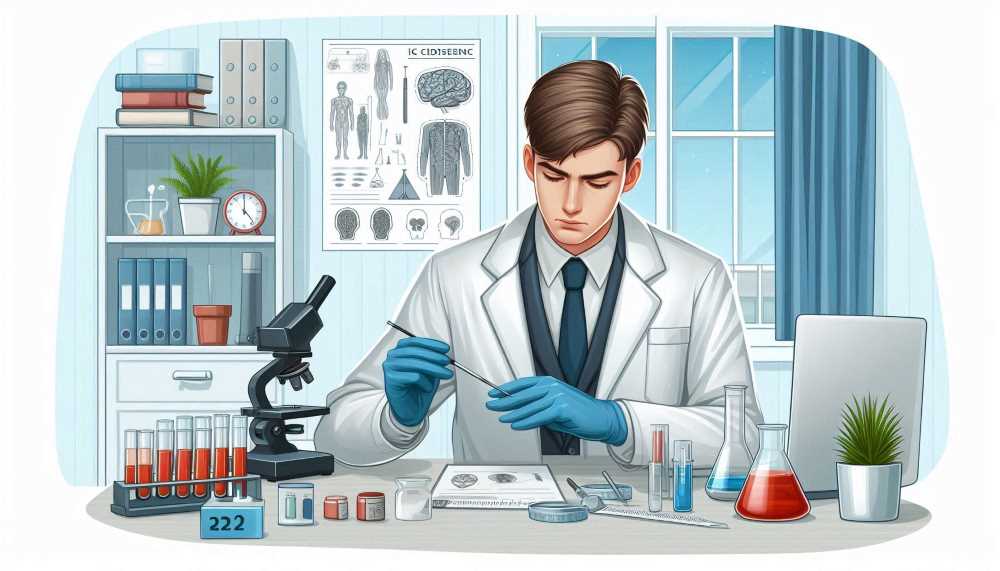Lawmaker Pushes for Autonomous Forensic Services in Mexico's Investigations
Representative Gabriela Sodi (PRD) proposes reforming Article 21 of Mexico's Constitution to establish autonomous, independent, and professional expert services to provide scientific data for criminal investigations.

In a significant move towards strengthening Mexico's justice system, Representative Gabriela Sodi of the Party of the Democratic Revolution (PRD) has proposed a crucial reform of Article 21 of the Political Constitution. This reform aims to establish autonomous, independent, and professional expert services across the Federation and the states, providing scientific data to the Public Ministry to enhance the development of criminal investigations. The initiative, submitted to the Constitutional Points Commission, also suggests modifying Section XXIII of Article 73 of the Magna Carta, empowering the Congress of the Union to issue general legislation regulating expert services.
The primary goal of this reform is to create a first-class forensic body composed of highly trained specialists, offering free expert services to citizens. By doing so, the initiative seeks to improve the preparation, performance, and working conditions of forensic experts. This reform responds to national and international human rights organizations' recommendations, emphasizing the need for autonomous services to strengthen the justice system and uphold human rights in Mexico.




